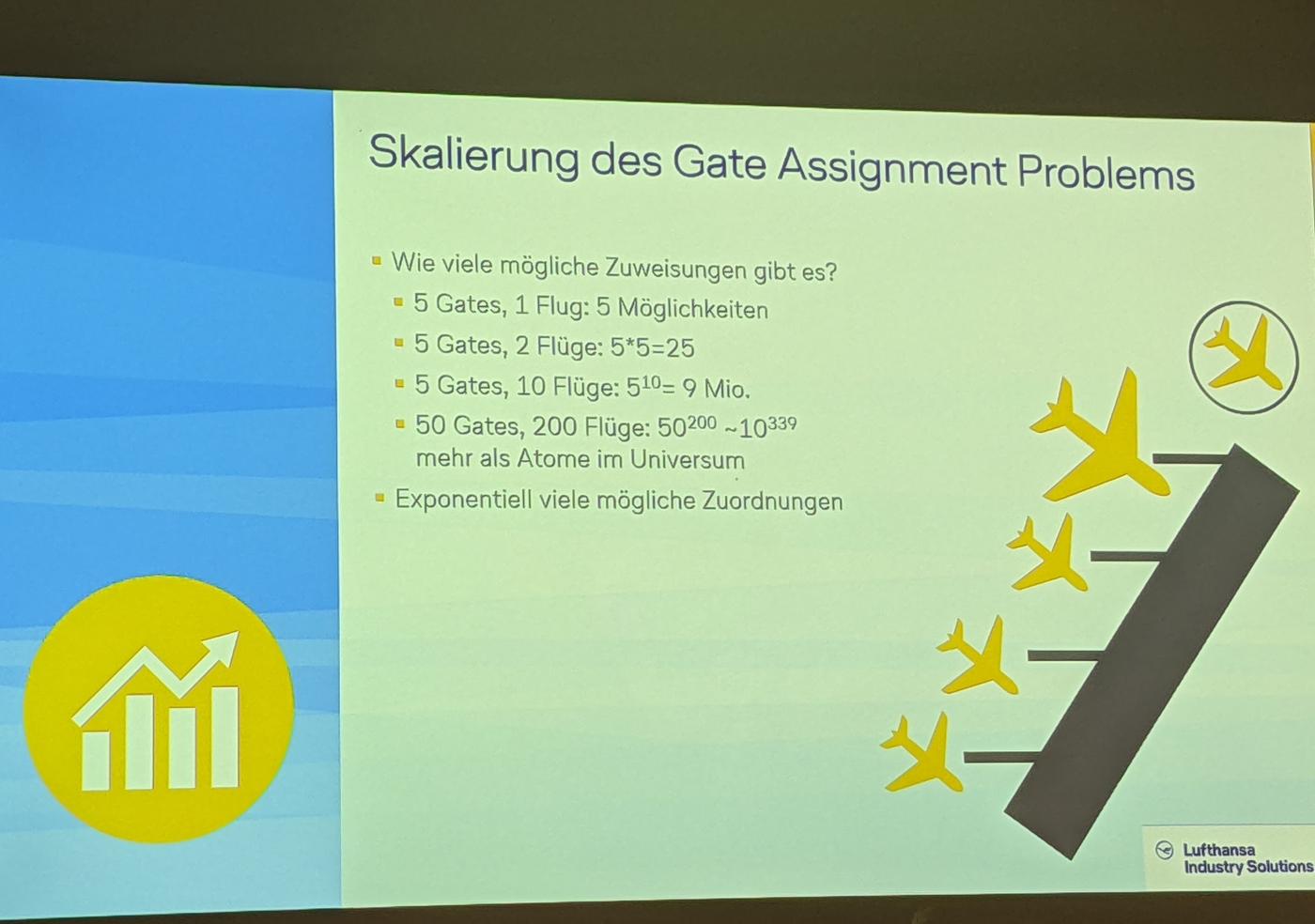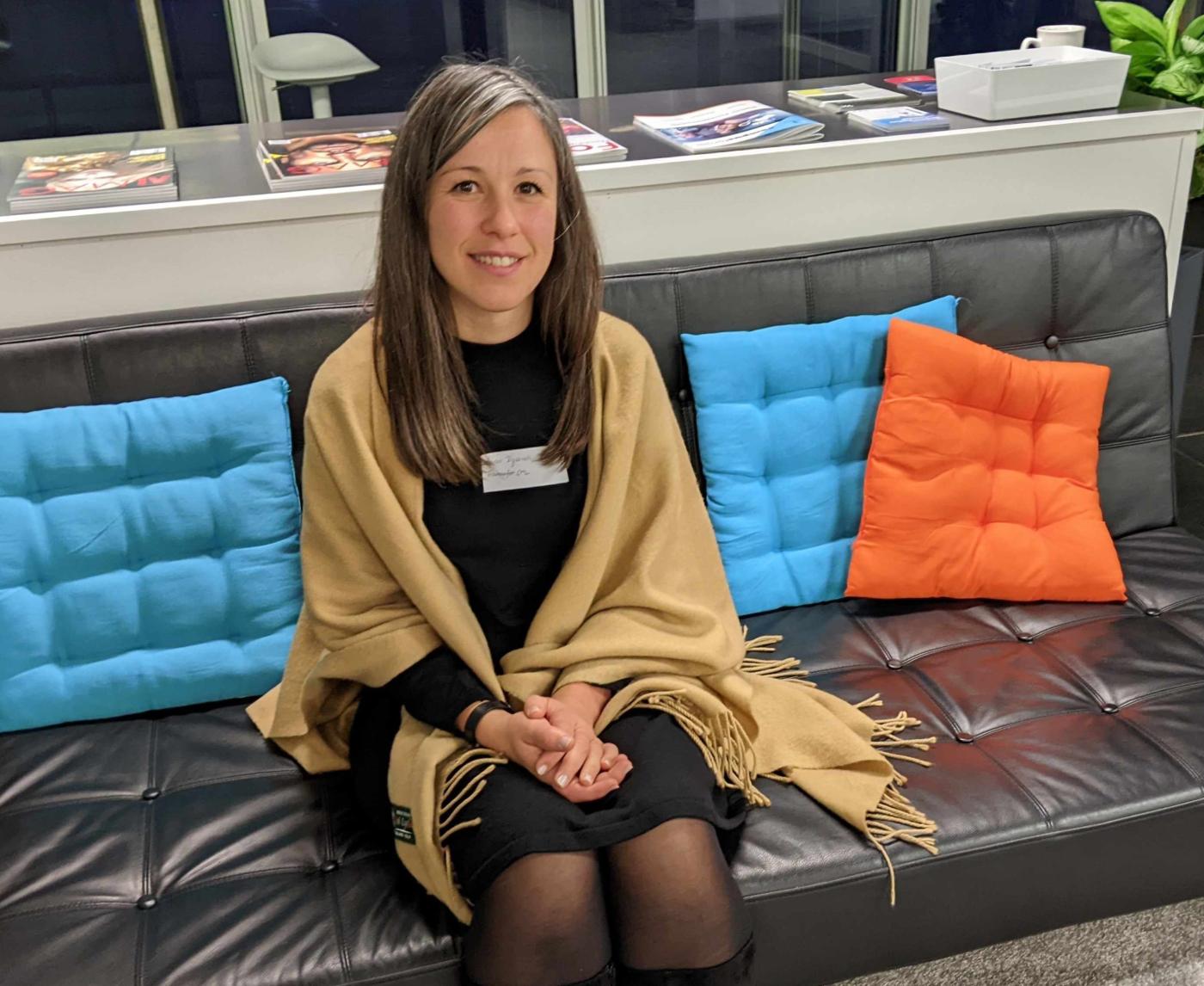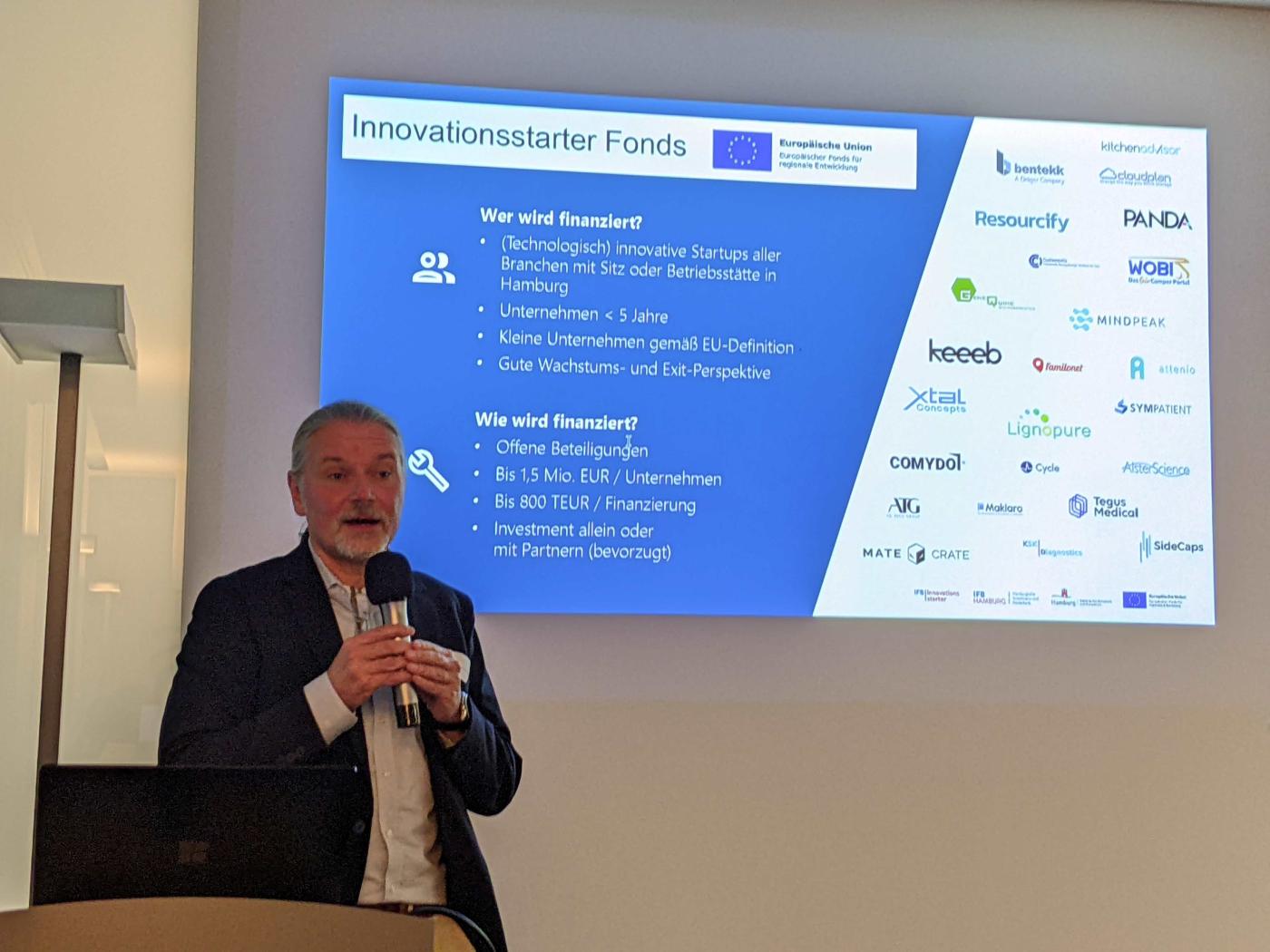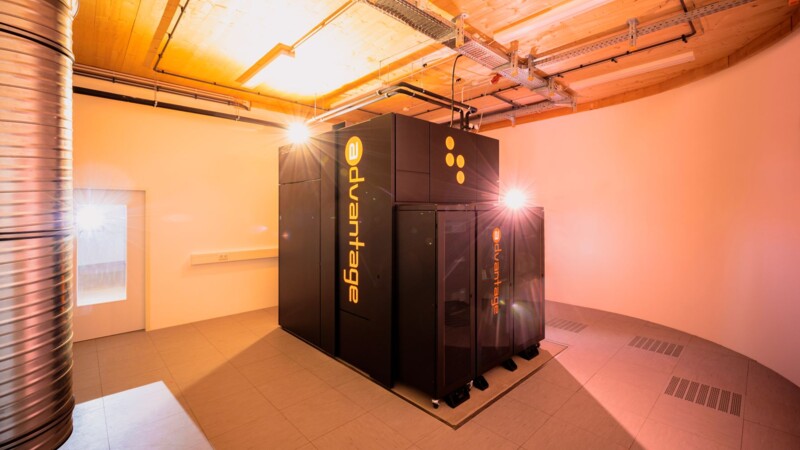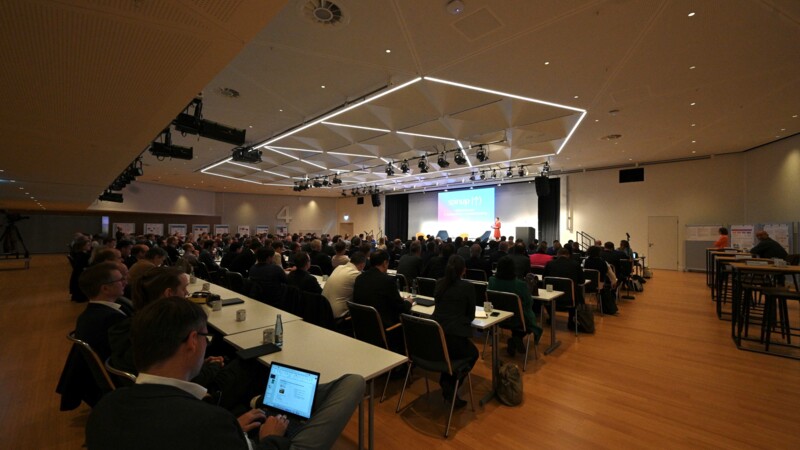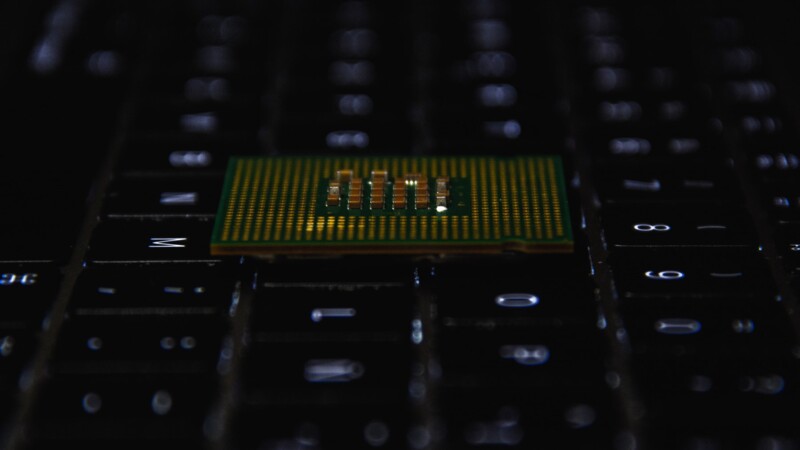"Quantum computing holds solutions to certain previously unsolvable problems," according to Dr Joseph Doetsch, a data scientist at Lufthansa Industry Solutions GmbH & Co. KG (LHIND). However, the same applies to encryption systems previously considered secure. Cryptocurrencies and crypto mining will remain safe from attacks launched with quantum computers for "about ten years", he noted. The development of quantum-secure encryption systems is also progressing and the Federal Office for Information Security has issued recommendations for so-called post-quantum cryptography. Yet, quantum computers hold great optimization potential e.g., for allocating gates to arriving aircraft. "If 200 aircraft are to be allocated to 50 gates, the total number of possible combinations is higher than there are atoms in the universe." High performing quantum computers means an ideal decision can be reached rapidly.
